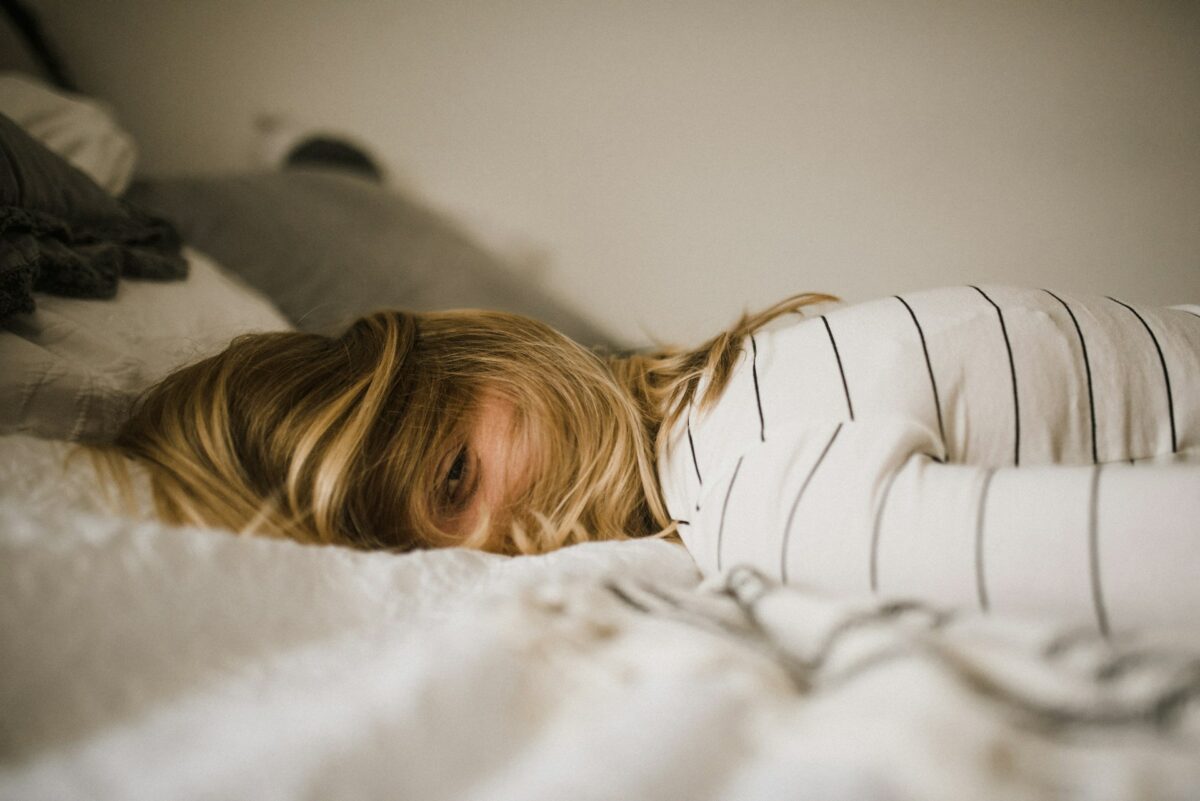It’s no secret that caffeine is a stimulant and most people rely on it to get through the day. While
caffeine has its benefits, it can also have some adverse effects. One of the most common is that
it can disrupt sleep.
How Much Caffeine Is Needed for It to Affect Sleep
It turns out it doesn’t take very much. Just 100 milligrams of caffeine, or about the amount in a small cup of coffee, can disrupt sleep, even if consumed six hours before bedtime.
What to Do If Caffeine Is Affecting Your Sleep
If you think caffeine is affecting your sleep, you can do a few things.
First, try to limit your caffeine intake during the day. If you’re a coffee drinker, switch to decaf or cut back on the number of cups you drink. If you drink energy drinks, limit yourself to one per day.
Second, avoid caffeine altogether in the evening. This means no coffee, tea, energy drinks, or soda after dinner. Talk to your doctor or a sleep specialist if you need help cutting back on caffeine.
How Long Caffeine Stays in the Body
The answer to this question is not as simple as you might think.
First of all, it depends on how much caffeine you have consumed. If you have only had a cup of
coffee or tea, the caffeine will probably be out of your system within six hours. However, if you have had several cups or consumed energy drinks or caffeine pills, the caffeine could stay in your system for much longer.
Secondly, it depends on how fast your metabolism is. If you have a fast metabolism, the caffeine will probably be out of your system quicker.
Thirdly, it depends on whether you have consumed food along with the caffeine. If you have eaten food, the caffeine will take longer to metabolize and stay in your system for longer.
Finally, it also depends on your individual sensitivity to caffeine. Some people are more sensitive to caffeine than others, so it will stay in their system for longer. So, as you can see, there is no simple answer to the question of how long caffeine stays in your system. It all depends on a number of different factors. However, if you are trying to avoid caffeine or if you are trying to kick the caffeine habit, then it is important to be aware that it can stay in your system for several hours.
Conclusion
It’s important to be aware of the potential negative effects of coffee on sleep. Although coffee can make you feel more alert and improve your focus, it can also lead to insomnia and disrupt your sleep patterns. If you’re struggling to get a good night’s sleep, you may want to limit your coffee intake or switch to decaf. Talk to your doctor or a sleep specialist if you need help cutting back on caffeine.
Do you still have problems with getting enough sleep? Contact our sleep specialists at Sleep Better Live Better. We have helped thousands of patients find healthy sleep solutions through holistic, individualized consultation. Book a consultation now!





